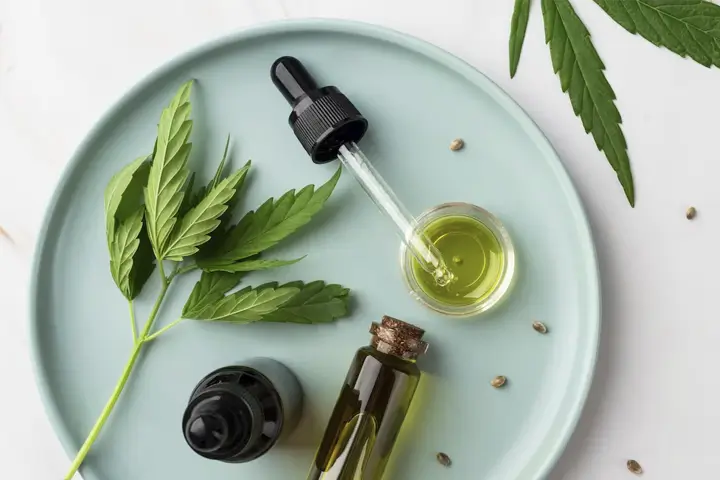
In a historic development, Ghana has become the first West African country to legalize the cultivation of cannabis for medicinal and industrial purposes. This landmark decision, however, does not extend to recreational use of marijuana, which remains illegal within the nation.
Under the new legislation, the Minister of the Interior is empowered to distribute permits for the cultivation of specific varieties of hemp cannabis. These varieties must contain less than 0.3% tetrahydrocannabinol (THC), the psychoactive compound responsible for the hallucinogenic effects of cannabis.
This significant achievement follows the intervention of Ghana’s Supreme Court, which declared section 43 of the existing law unconstitutional. The presence of this section had previously authorized the Minister, based on the recommendation of the Commission, to grant licenses for the cultivation of cannabis, commonly known as “wee” in Ghana. However, due to its unconstitutional nature, this provision has now been eliminated.
Ghana’s Parliament has passed the Narcotics Control Commission (Amendment) Bill, 2023, which includes a single clause empowering the Minister to grant licenses for cannabis cultivation within the country. This legislative change paves the way for the establishment of a well-regulated cannabis industry in Ghana, ensuring that cultivation and usage adhere to strict guidelines and quality standards.
Public opinion in Accra, the capital city, has generally been positive, with individuals expressing support for the move as long as proper oversight and regulation are in place. Many believe that controlling the usage of cannabis is crucial and advocate for a system of monitoring and enforcement.
This progressive approach by Ghana reflects a broader trend across Africa, where several countries have already taken steps to legalize cannabis for medical and scientific purposes. Currently, there are 11 African nations that have legalized medical cannabis to varying extents, primarily for export purposes. These countries include Lesotho, Eswatini, Zimbabwe, South Africa, Zambia, Malawi, Uganda, Ghana, Morocco, the Democratic Republic of Congo, and Rwanda.
The cannabis industry is experiencing exponential growth globally, with Fortune Business Insights projecting the global cannabis market size to reach US$444.34 billion by 2030, growing from US$57.18 billion in 2023, at a compound annual growth rate (CAGR) of 34.03% during the forecast period.
According to a report by Prohibition Partners, countries such as South Africa, Lesotho, Zimbabwe, Uganda, and Malawi have witnessed an increase in license issuance, exports, and investments in the cannabis industry. However, the report also highlights that progress in Africa has been slower compared to other legal jurisdictions, potentially jeopardizing the opportunity for the continent to establish a leading and sustainable position in the global cannabis industry.
Africa boasts a favorable growing climate, competitive cultivation input costs, and a rich history of traditional cannabis-growing communities, similar to those found in South America. Leveraging these advantages, African countries have the potential to play a significant role in the evolving cannabis market while ensuring responsible and regulated practices.
Ghana’s groundbreaking decision to legalize cannabis cultivation for industrial and medical purposes sets a precedent in West Africa and aligns with the global trend toward accepting the potential benefits of cannabis. As the country moves forward with implementing regulations and guidelines, it opens the door to an industry that could bring economic growth, job opportunities, and improved access to medical treatments derived from cannabis.
Stay updated with the latest farming tips and agriculture industry news from Africa by subscribing to our newsletter. Don’t miss out on valuable insights and updates. Follow us on Twitter, LinkedIn, and Facebook to join our farming community and stay connected with us.



















